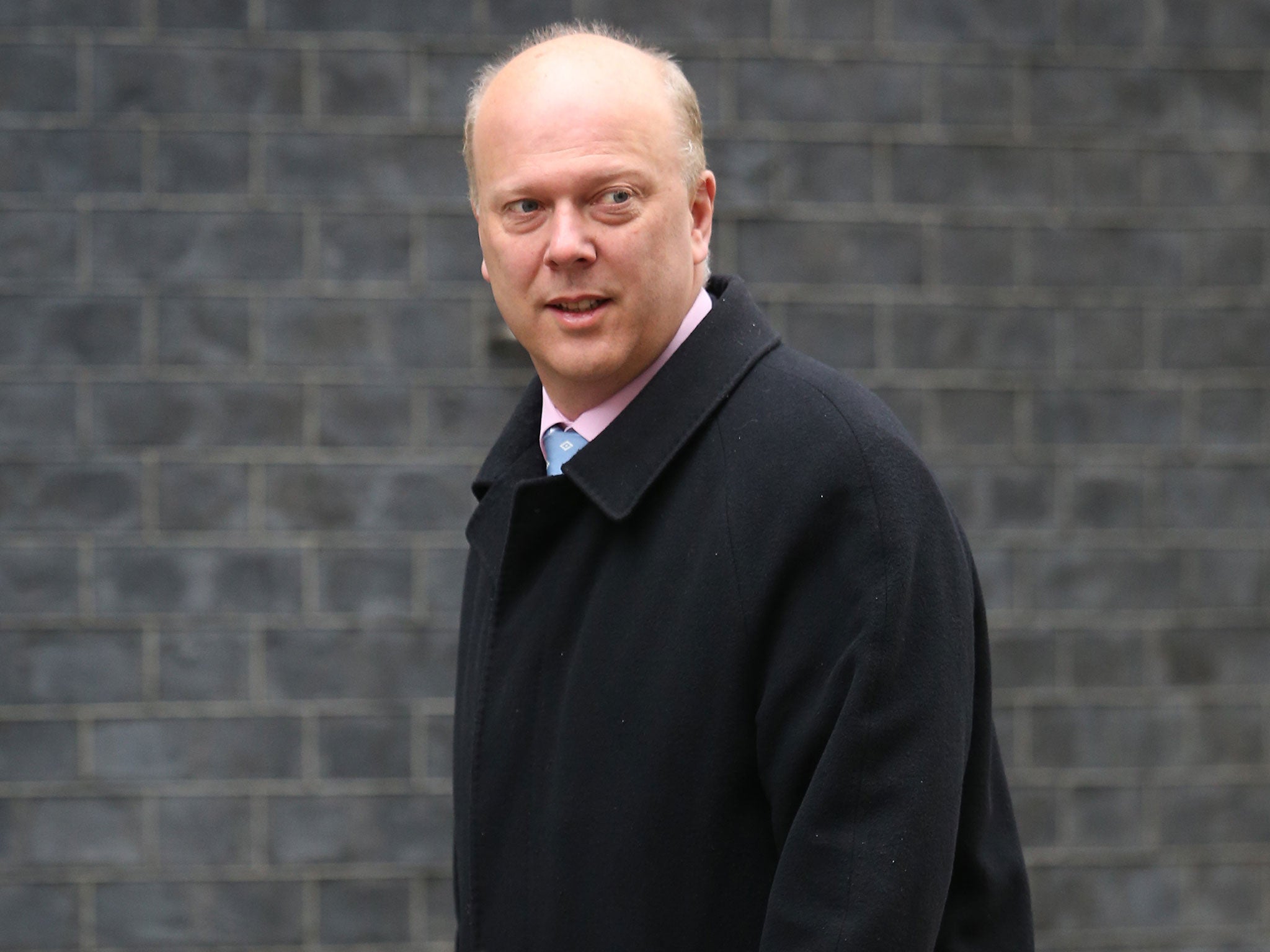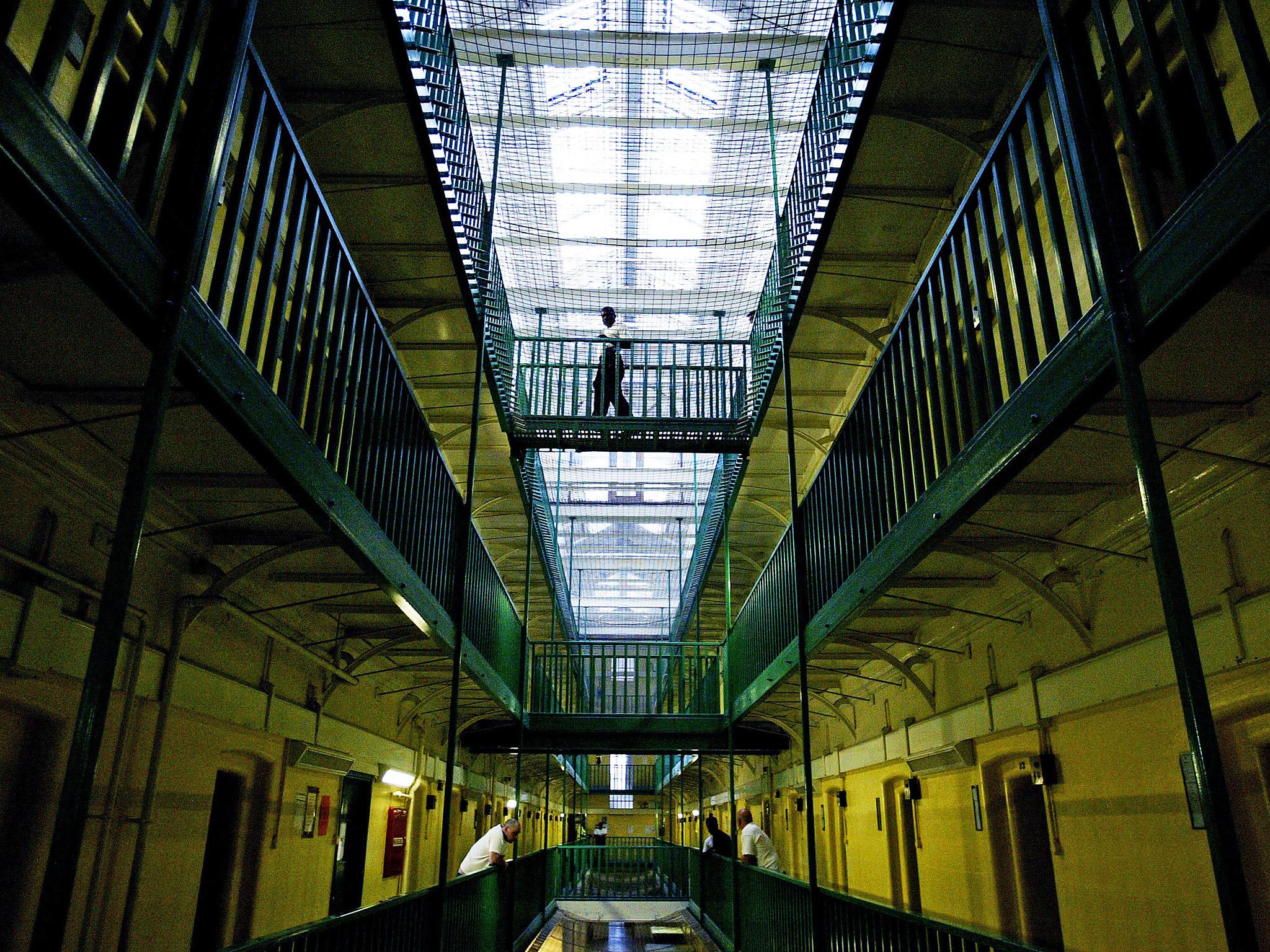When Michael Gove became Lord Chancellor and Justice Secretary, he had an easy act to follow. His predecessor, Chris Grayling, had no legal training and filled that gap with fixed ideological notions about crime and punishment, and a stubborn refusal to listen to anyone who knew better than he did.
Mr Gove, by contrast, has brought an inquiring mind and humane instincts to this sensitive job. Though tactfully avoiding overt criticism of his predecessor, he was quick to dispense with a couple of the worst hangovers from the Grayling era. The vindictive limit on the number of books a prisoner can receive has been lifted, and the notion of creating a “secure college” for young offenders, which was likely to become a high-security jail for violent and suicidal adolescents, has been dropped.
In a speech this week, the new Justice Secretary set out his initial thoughts on prison reform. Much of the UK’s prison system, he remarked, is “out of date, overcrowded and, in far too many cases, insanitary and inadequate”. Compare that with his predecessor’s claim that there was no crisis in the prison system and that “we will have a few hundred prisoners more who have to share a cell for a few weeks. That’s what overcrowding actually means”.

Mr Gove suggested that the worst prisons, such as Pentonville – opened in 1842 to house 900 prisoners and now holding 1,300 – should be torn down and the land sold to raise money for well-designed new prisons, in which there would be no “dark corners” that act as breeding grounds for drug abuse and violence. “Unless offenders are kept safe and secure, in decent surroundings, free from violence, disorder and drugs, then we cannot begin to prepare them for a better, more moral life,” he said. He also dwelt on the obvious point that a large number of prisoners are, in effect, punished from birth for their disturbed backgrounds. A troubled upbringing is not an excuse for crime, but keeping those already burdened with social problems in an overcrowded cell for up to 23 hours a day is no way to begin rehabilitation.

Having noted that criminals are statistically far more likely to be illiterate or poorly educated than the law abiding, Mr Gove is considering offering the inducement of early release for prisoners who make a serious effort to improve their education. But he also stressed that he is not didactically laying down rules. He is prepared to test ideas to see if they work, and to devolve responsibility to prison governors rather than operate through central fiat.
There are many intractable problems in his in-tray. The worst arise from the drive to cut government spending. To achieve prison reform, he either has to build more jails and hire more staff, or reduce the number of minor offenders who go to prison, thereby risking the anger of the Tory right and the tabloid press.
There is also a battle under way between the Government and criminal lawyers over cuts to legal aid. So far, Mr Gove has at least avoided saying anything to worsen relations. And down the line, he will have to cope with the manifesto promise to replace the Human Rights Act with a British Bill of Rights, a task to which he sensibly seems in no hurry to apply himself.
Everyone assumed Mr Gove would be better than his predecessor, and so far he has been. But that is scant praise: it would have been a rare and perverse achievement to be worse than Mr Grayling. So let us go further, and say that on the evidence to date, Michael Gove may prove to be a great reforming Justice Secretary.


Join our commenting forum
Join thought-provoking conversations, follow other Independent readers and see their replies